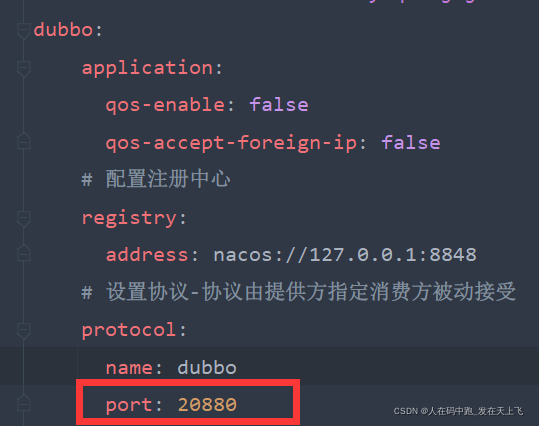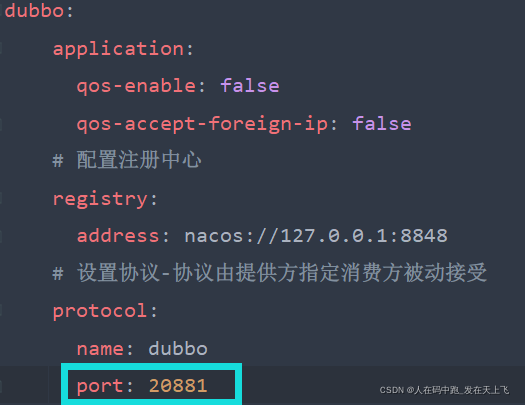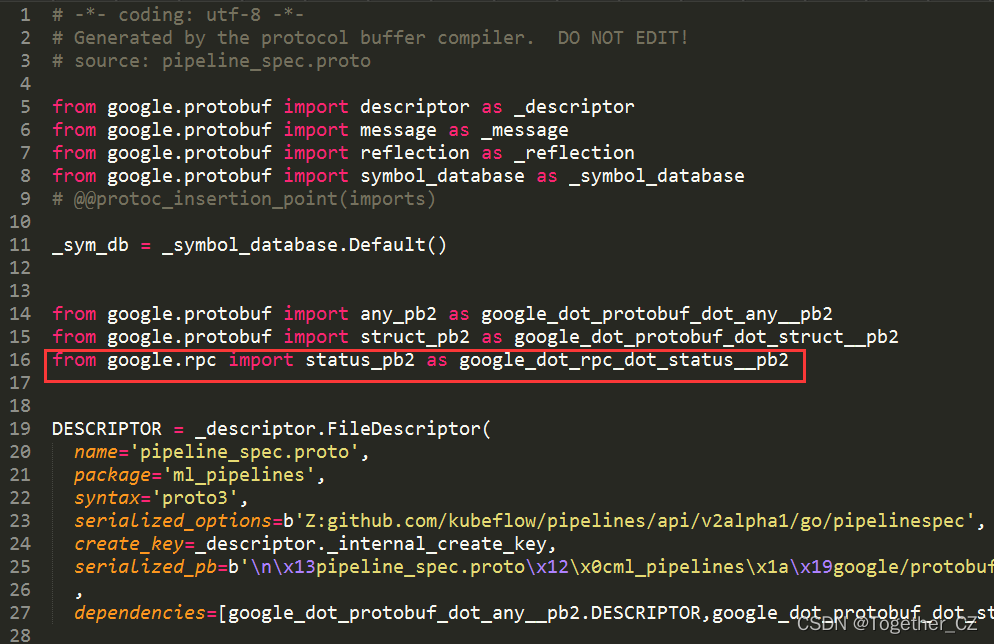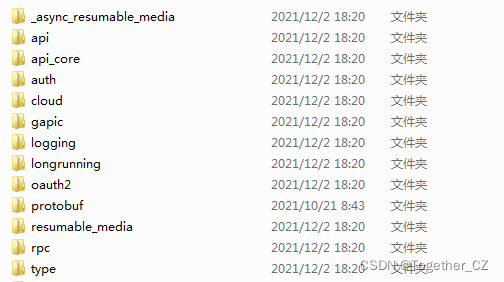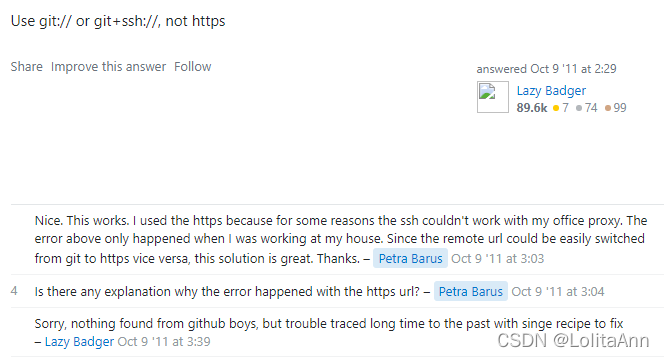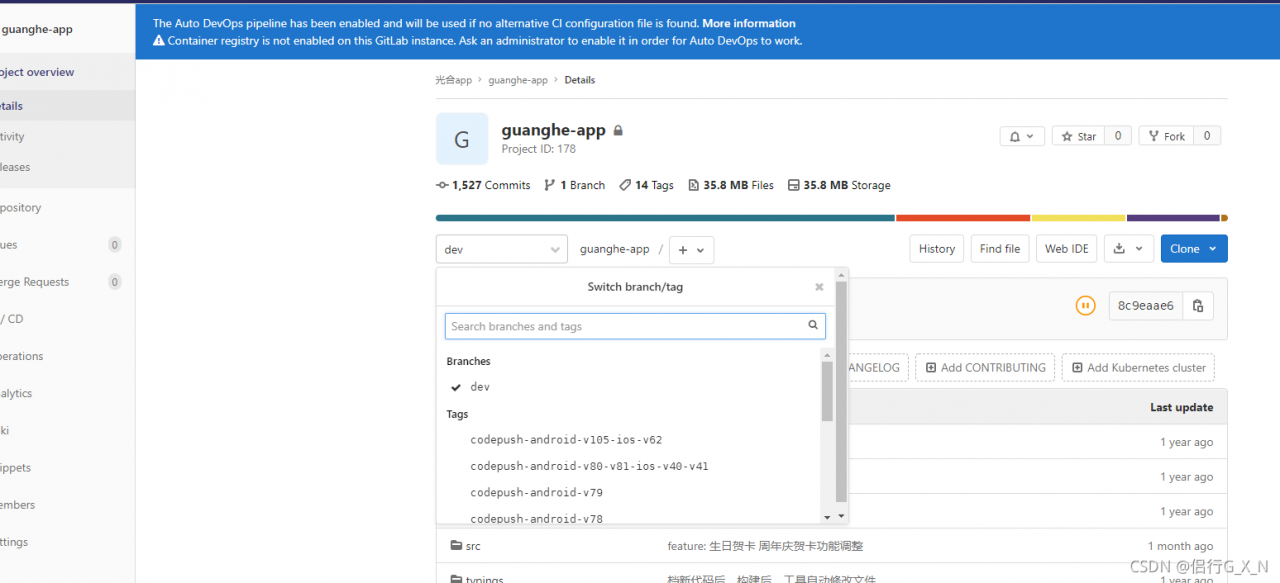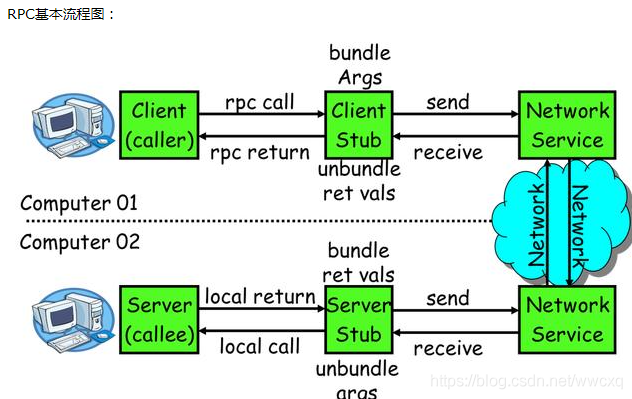Grpc server reports an error com google.common.base.Preconditions.checkArgument (ZLjava/lang/String;CLjava/lang/Object);
Problem background solution summary Lyric: I really want to take another bite, ผัผัณ, ผัณ, ผัณ This is the first song. It’s over. Have you guessed the title of the song?
Problem background
When working as grpc server, I can’t start it. The error report is printed as follows, but I can’t well see what’s wrong. Since grpc can be used when I test it alone, but as the project becomes more and more complex, more and more POM dependencies are introduced, so I began to find the reason from it
2022-01-25 11:01:39.896 ERROR [id-mapping-AsyncThread-1] o.s.a.i.SimpleAsyncUncaughtExceptionHandler.handleUncaughtException(SimpleAsyncUncaughtExceptionHandler.java:39): Unexpected exception occurred invoking async method: public void grpc.server.GrpcServer.start() throws java.io.IOException
java.lang.NoSuchMethodError: com.google.common.base.Preconditions.checkArgument(ZLjava/lang/String;CLjava/lang/Object;)V
at io.grpc.Metadata$Key.validateName(Metadata.java:629)
at io.grpc.Metadata$Key.<init>(Metadata.java:637)
at io.grpc.Metadata$Key.<init>(Metadata.java:567)
at io.grpc.Metadata$AsciiKey.<init>(Metadata.java:742)
at io.grpc.Metadata$AsciiKey.<init>(Metadata.java:737)
at io.grpc.Metadata$Key.of(Metadata.java:593)
at io.grpc.Metadata$Key.of(Metadata.java:589)
at io.grpc.internal.GrpcUtil.<clinit>(GrpcUtil.java:86)
at io.grpc.internal.AbstractServerImplBuilder.<clinit>(AbstractServerImplBuilder.java:60)
at io.grpc.netty.shaded.io.grpc.netty.NettyServerProvider.builderForPort(NettyServerProvider.java:39)
at io.grpc.netty.shaded.io.grpc.netty.NettyServerProvider.builderForPort(NettyServerProvider.java:24)
at io.grpc.ServerBuilder.forPort(ServerBuilder.java:41)
at server.Server.start(GrpcServer.java:30)
at grpc.server.GrpcServer$$FastClassBySpringCGLIB$$be87d0e.invoke(<generated>)
at org.springframework.cglib.proxy.MethodProxy.invoke(MethodProxy.java:218)
at org.springframework.aop.framework.CglibAopProxy$CglibMethodInvocation.invokeJoinpoint(CglibAopProxy.java:771)
at org.springframework.aop.framework.ReflectiveMethodInvocation.proceed(ReflectiveMethodInvocation.java:163)
at org.springframework.aop.framework.CglibAopProxy$CglibMethodInvocation.proceed(CglibAopProxy.java:749)
at org.springframework.aop.interceptor.AsyncExecutionInterceptor.lambda$invoke$0(AsyncExecutionInterceptor.java:115)
at java.util.concurrent.FutureTask.run(FutureTask.java:266)
at java.util.concurrent.ThreadPoolExecutor.runWorker(ThreadPoolExecutor.java:1149)
at java.util.concurrent.ThreadPoolExecutor$Worker.run(ThreadPoolExecutor.java:624)
at java.lang.Thread.run(Thread.java:748)
Solution:
1. Analyze the imported jar package dependency and use file → setting to install Maven dependency helper dependency management
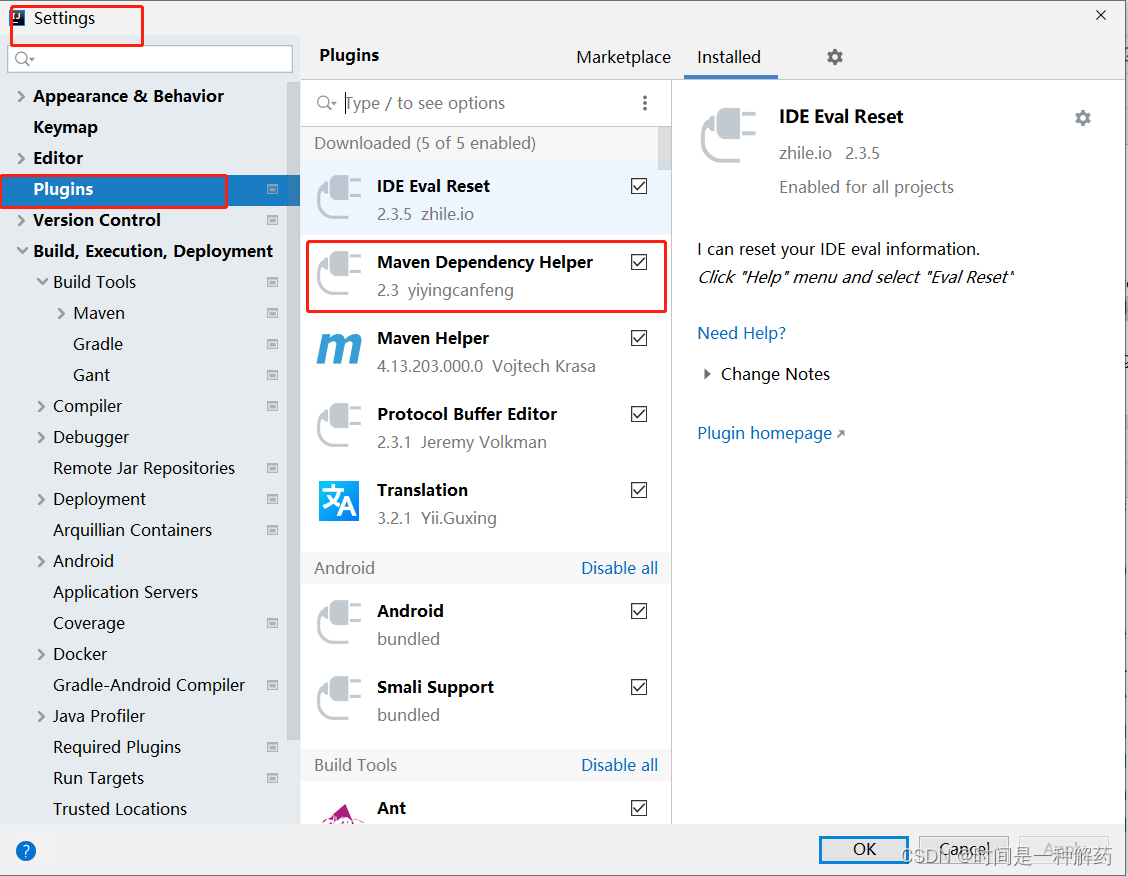
2 after installation, open the POM file, click dependency analyzer
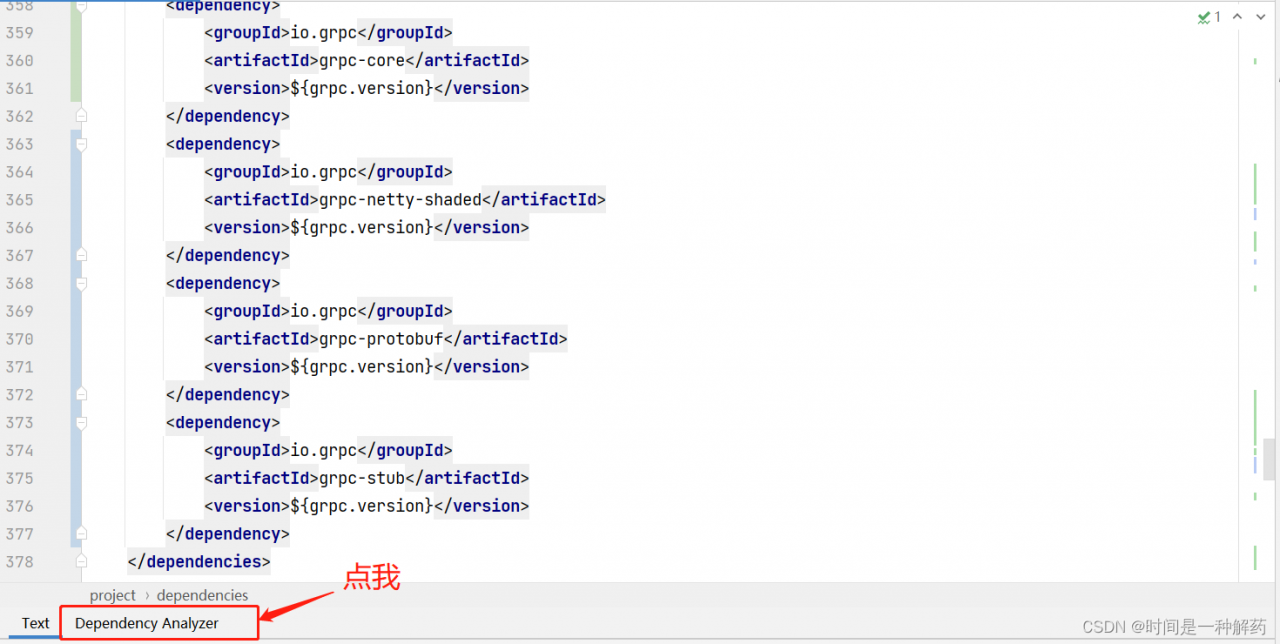
3 select conflicts and click refresh UI to refresh. You can see that guava: version 18.0 appears, which means there is a conflict with this dependency, It’s a repeated introduction,
but the introduction of a problem is to exclude which repeated guava. This problem has been bothering me. My approach is to exclude the displayed dependencies first, and then continue to compile. If not, find other versions of guava for exclusion
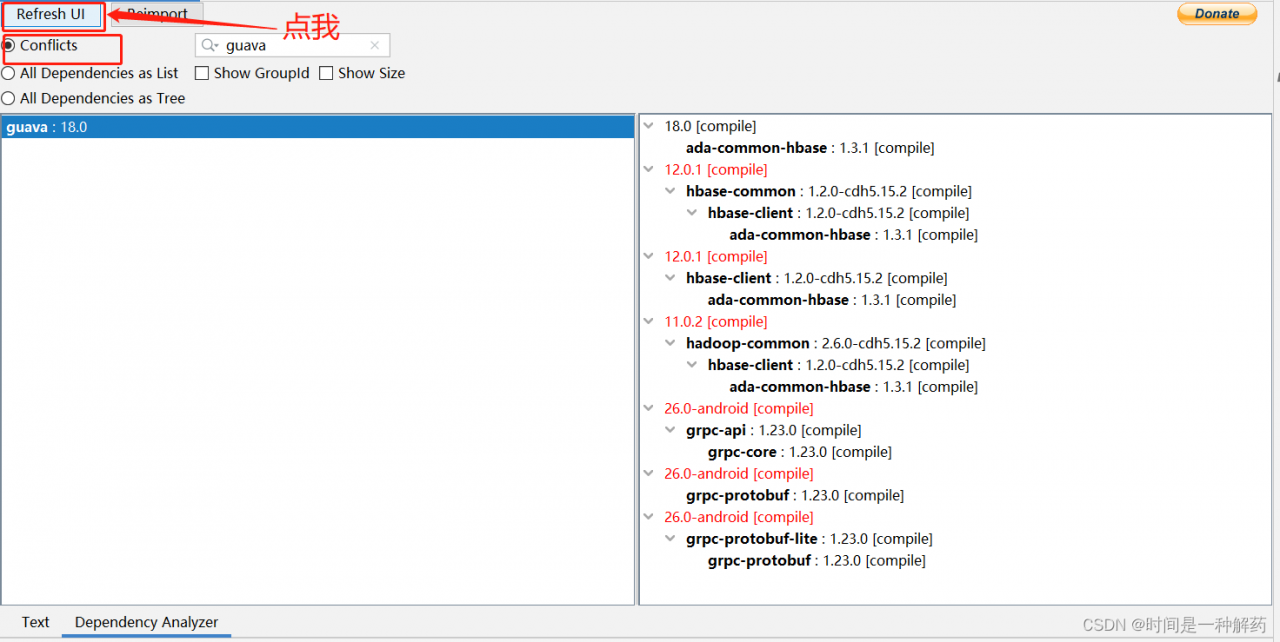
4 because there is no exclusion option in Guava in right-click conflicts, Therefore, select jump to left tree to display more clearly

5 exclude 18 versions, re import
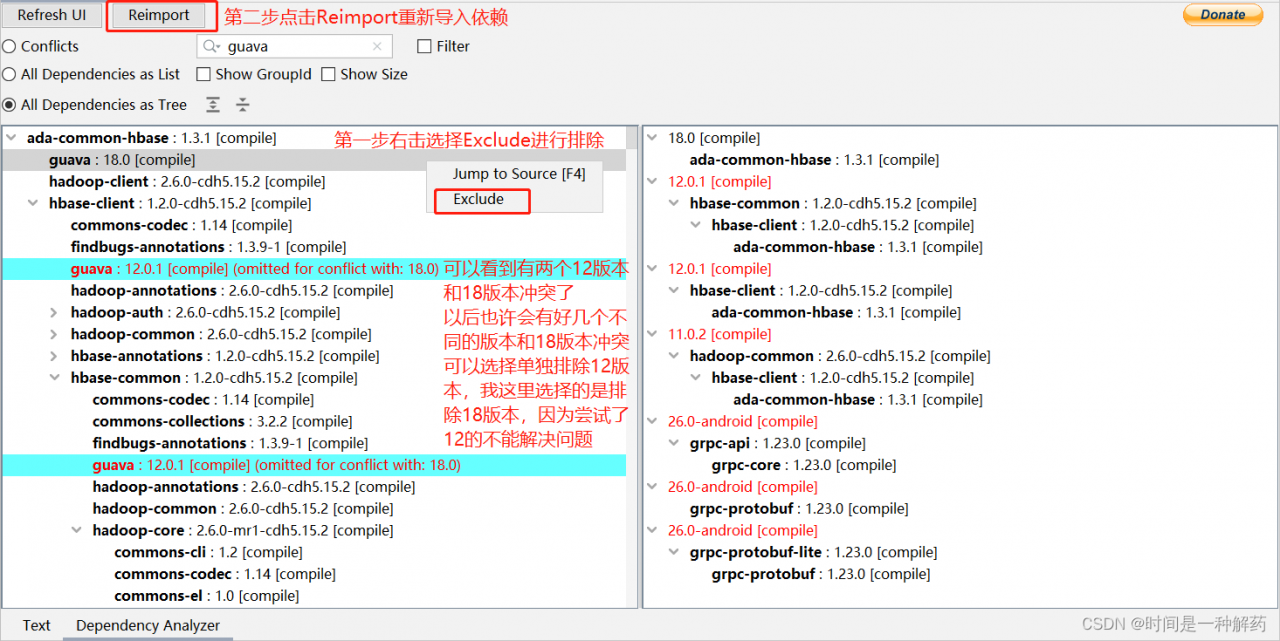
6 Click conflicts, and it is found that there is no conflict
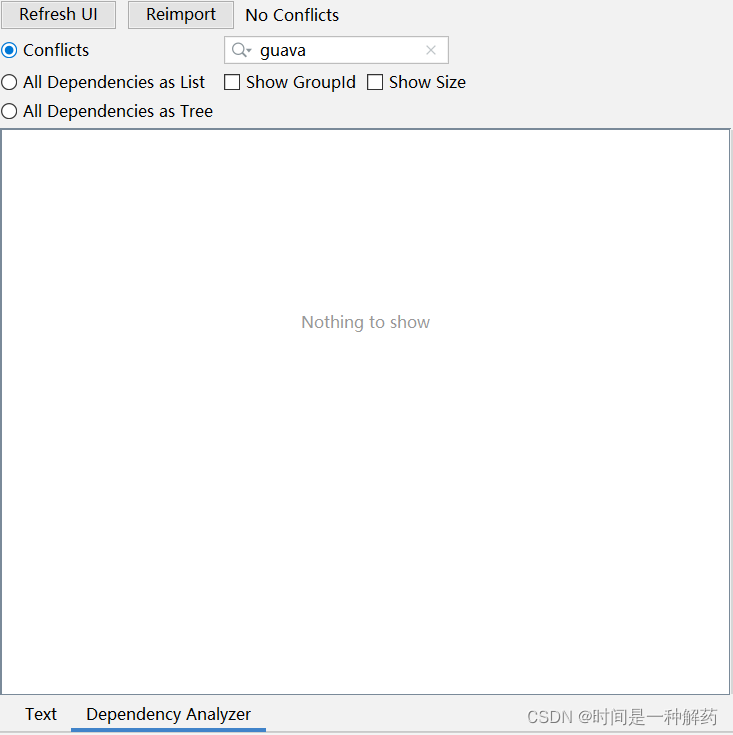
7 at that time, the problem that the grpc server cannot be started is also solved
